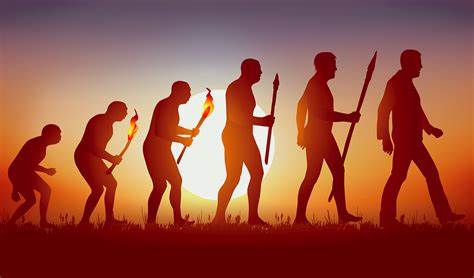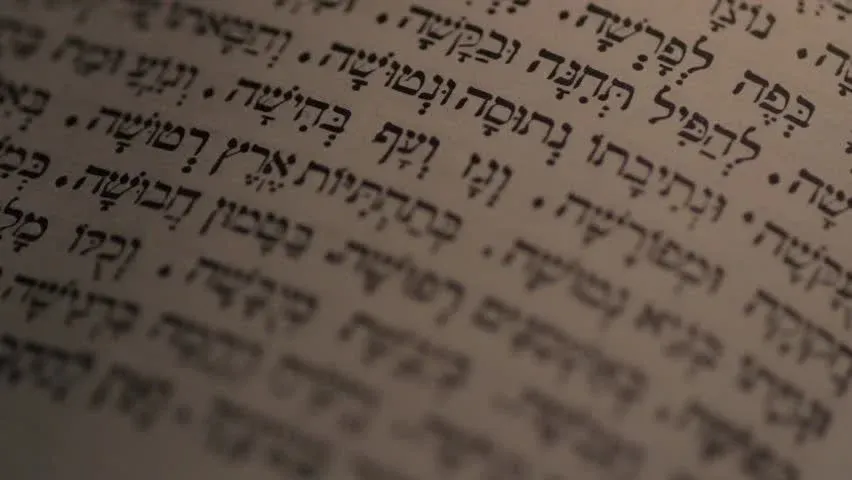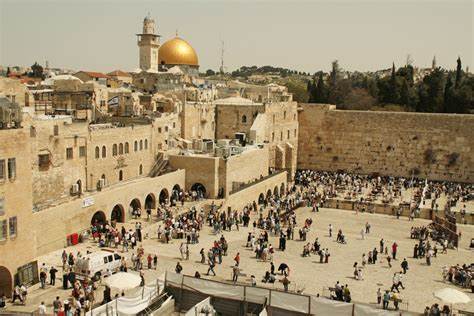The Greate Debate

Science vs Religion
The relationship between science and religion has been a contentious one throughout history, with each vying for dominance in shaping Western culture. While science has provided us with a wealth of knowledge and understanding about the world around us, religion has long been associated with miracles and ancient life. In the modern world, however, religion is seen as outdated and restrictive, leading to a rise in atheism and a growing number of people identifying as non-religious.
This shift has been particularly pronounced with the amount of recent scientific discoveries such as evolution and the big bang. Events that were previously associated with religion now being explained through science, leading to many believing that the need for religion has been removed all together. Some devout believers, on the other hand, view science as a test of faith and reject its findings outright. For many, however, the question remains: is there a way to reconcile science and religion, to bring them back together in a harmonious relationship?
Recent scientific discoveries has led many to veer of the path of religion, scientific discoveries and religious beliefs seem to directly contradict each other with science having one big advantage, physical evidence.
Age of the world
One of the most notable differences between science and religion is their interpretation of the age of the world. While science estimates the Earth to be around 4.5 billion years old, the Abrahamic religions, (Islam, Christianity and Judaism) state that it is just under 6,000 years old. This has a detrimental effect on the religious community as what is being taught by religious teachers and what we are being told everyone else are completely contradictory leaving many feeling confused and feeling they have to choose one side over the other.
Evolution

Another big impact science has on our separation from religion is Charles Darwin's theory of evolution. Darwin’s theory challenges the long-held belief that humans were created by a deity. Although Darwin himself identified as religious, his work has been used for the contrary. Evolution provides us with a scientific understanding of how life evolved over millions of years, explaining how we started as a mere cluster of cells and over millions of years through natural selection evolved to fully functioning conscious humans.
Can religion work with science?
These discrepancies, seemingly contradictory can be reconciled by understanding the creation story as symbolic or metaphorical rather than literal. The “7 days of creation” isn’t to be taken literally but rather to be seen as symbolic to teach us important values and lessons with the underlying knowledge that it was ultimately God that created the world. Another idea is that the concept of the year 6000 starts at the end of the first ‘week’ once humans have been created, arguably at the at the start of intelligent life, at the end of our evolutionary cycle.
While the conversation is important the argument is arbitrary. Scientific time is an accurate depiction of the age of the Earth, where-as the religious age is more symbolic. Time is a human construct, it serves as a symbol of a divine effect, helping us to understand the world and our place in it. Science and religion contribute to two separate aspects in our lives.

It is important to understand the ancient scriptures not as a recollection of history but rather as a guide, teaching us vital lessons and values that generations before us and generations after us will live by. This is the view that many old and modern religious scholars take.
“Science takes things apart and sees how they work Religion put things together to see what they mean” – Lord Chief Rabbi Sacks
Rabbi Sacks was a strong believer that there is a place for science and religion in our modernised world. Religion explains the why, it helps us answer lifes’ biggest philosophical question of why we are here, but it is science that explains the workings of the world around us.
Religion in a modern world

Religion plays a significant role in our modern world, serving as a source of hope, community, and morality. While science has advanced our understanding of the world around us, it cannot fully explain the human experience. The fundamental values that religion provides are increasingly valuable in our current generation, where hope, community and morality are often lacking.
Religion is often used as a source of hope, giving people a sense of belief in a brighter future and the comfort that there is a higher power guiding them through life's challenges. This hope acts as a beacon in difficult times, providing solace and reassurance. Aside from this, community is often found in religious circles. Through shared traditions, festivities, and values, individuals are connected to a wider network of support, which strengthens the bonds of community over generations. This sense of community gives people a sense of identity and purpose, allowing them to rely on others in times of need.
Finally, religion reinforces our sense of morality, providing a deeper understanding of right and wrong. While the laws of society may dictate how we should behave, religion goes beyond the law, offering moral guidance and providing a foundation for personal ethics and values. Religion serves as a moral compass, inspiring individuals to act in accordance with their beliefs and strive for good in all their actions.
Final message
Science and religion play two crucial roles in our lives but they do not serve the same purpose. Science gives a vast range of knowledge about how the world around us works it gives us an insight into the intricacies of the universe. Where-as religion helps us understand our purpose and meaning within the world whilst guiding us through the crossroads of life.